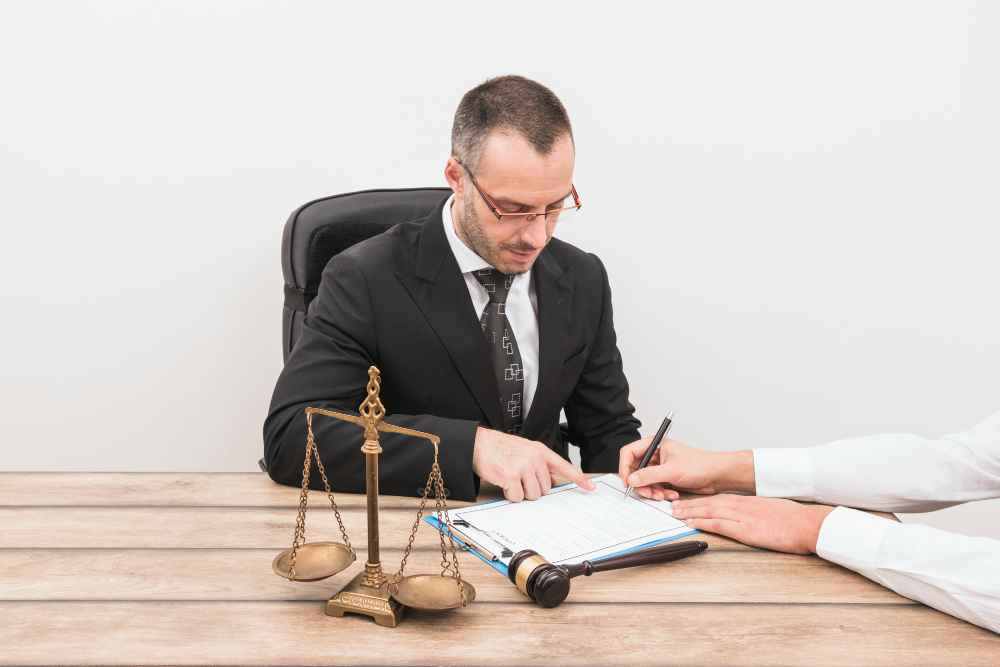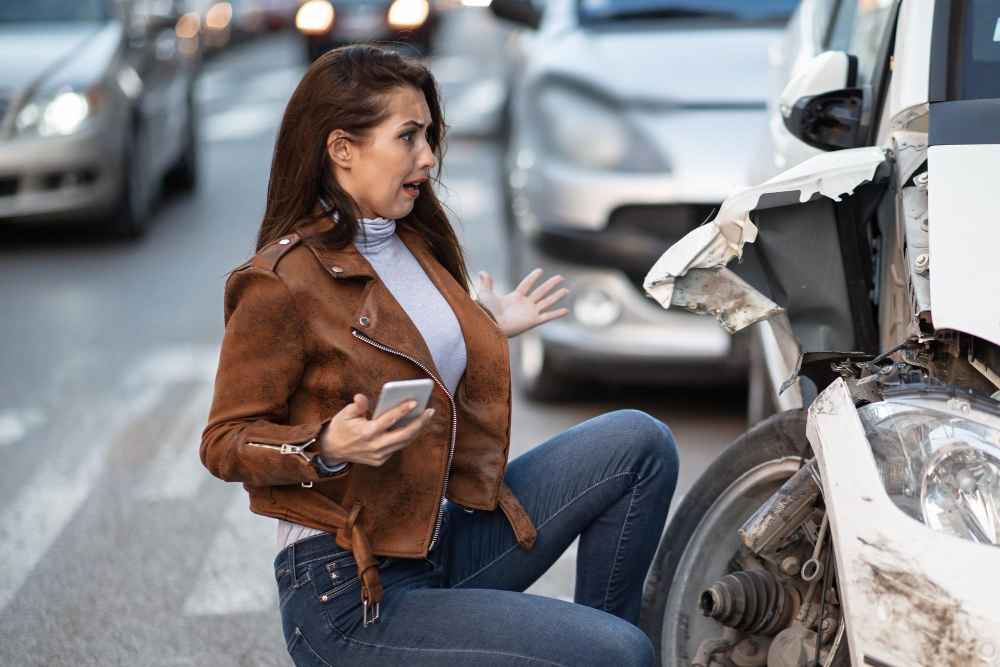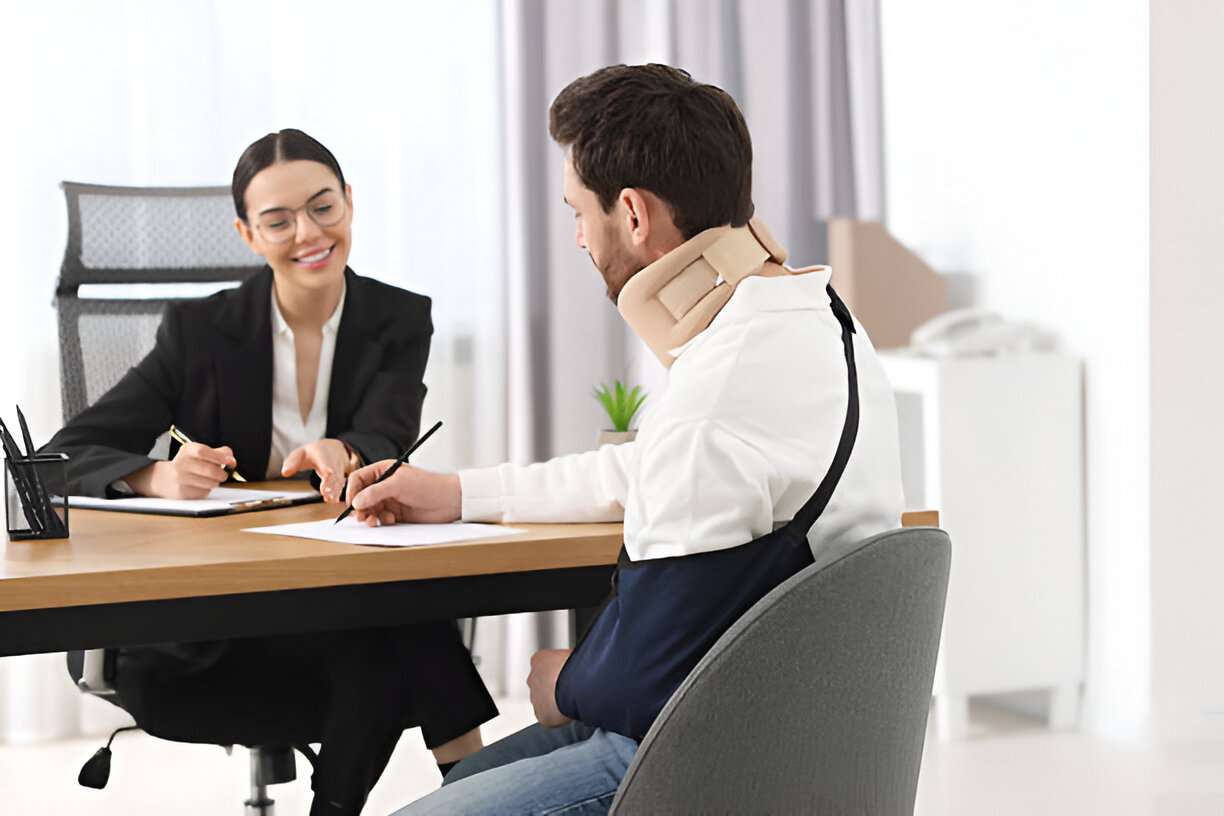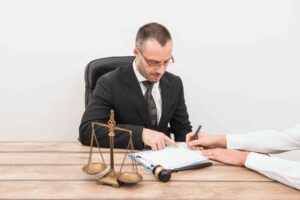Winter in Denver brings stunning mountain views, crisp air, and snowy streets. But alongside its beauty, Colorado’s winter weather creates dangerous conditions for residents, workers, and visitors. Snow and ice often accumulate on sidewalks, parking lots, and entryways, making slip-and-fall accidents one of the most common causes of winter injuries.
For decades, Lampert & Walsh, LLC has represented victims of slip-and-fall injuries throughout Denver and the Front Range. Our attorneys understand the complexities of premises liability law in Colorado and how weather-related hazards like snow and ice affect a property owner’s duty of care.
If you’ve suffered an injury this winter after slipping on icy surfaces, understanding your rights — and knowing when a property owner may be liable — is essential.
Understanding Premises Liability in Colorado
Premises liability is the legal framework that holds property owners and managers responsible when unsafe conditions cause injuries. In Denver, this includes private residences, commercial businesses, and even public properties.
To bring a successful slip-and-fall claim in Colorado, an injured party must generally prove:
A hazard existed. In winter, this might be ice on a stairway, unshoveled sidewalks, or melted snow pooling inside an entryway.
The hazard was not obvious. If the danger was visible, such as a clearly icy patch, the defense may argue you assumed the risk.
The owner should have known about the hazard. Landowners must take reasonable steps to inspect and maintain their property, especially during winter.
The owner failed to act reasonably. If snow or ice remained for an unreasonable period, or no warning signs were posted, this may constitute negligence.
All four elements are highly fact-specific, which is why working with an experienced Denver premises liability attorney is critical.
Common Winter Slip-and-Fall Hazards in Denver
Winter weather creates multiple risks for pedestrians. Some of the most frequent hazards include:
Icy sidewalks and parking lots. Business owners are expected to clear walkways after snowstorms and apply de-icing treatments.
Unshoveled steps or entryways. Stairs and building entrances often accumulate ice quickly, creating dangerous slip zones.
Melted snow indoors. Shoppers or guests track slush inside stores and restaurants, which may create slick flooring if not properly mopped or marked with warning signs.
Poor lighting in winter conditions. Shorter days mean icy patches may go unnoticed without adequate lighting.
Black ice. Invisible layers of ice on asphalt or concrete present a hidden danger that property owners should reasonably anticipate in winter months.
Each of these hazards may form the basis of a liability claim if the property owner failed to take timely action to prevent or warn of the danger.
The Property Owner’s Responsibility in Snow and Ice Cases
Colorado law does not expect property owners to be perfect, but it does require them to act reasonably under the circumstances. For winter slip-and-fall cases, this often involves:
Shoveling and salting sidewalks within a reasonable time after snowfall.
Removing ice buildup from stairways, ramps, and building entrances.
Posting warning signs when conditions cannot be immediately remedied.
Inspecting high-traffic areas like parking lots, lobbies, and staircases during winter months.
Failure to take these steps may be considered negligence. At the same time, defense attorneys may argue that a hazard developed so quickly that the owner had no reasonable opportunity to fix it. Timing, therefore, becomes a key issue in these cases.
Comparative Negligence in Colorado Slip-and-Fall Cases
Colorado follows a modified comparative negligence rule. This means that if you are found to be 50% or more responsible for your own accident, you cannot recover damages.
For example, if you ignored warning cones or wore unsafe footwear in icy conditions, the court may reduce your recovery. If you bear half the blame or more, your case may be barred entirely. This makes it vital to have legal counsel who can push back against attempts to blame you for your fall.
Our attorneys at Lampert & Walsh, LLC know the defense strategies used in premises liability cases and are prepared to counter them effectively.
Steps to Take After a Slip-and-Fall Accident in Denver’s Winter
How you respond immediately after a slip-and-fall accident can impact the strength of your case. If possible, you should:
Seek medical attention immediately. Even minor slips can cause concussions, fractures, or long-term back injuries.
Report the incident. Notify the property owner, manager, or landlord. Ask for a written report if available.
Document the scene. Take photos of the icy or snowy condition before it is cleaned or melts away.
Collect witness information. Other shoppers, employees, or passersby may confirm what happened.
Save your shoes and clothing. These may become evidence in showing the conditions under which you fell.
Avoid making statements to insurers. Insurance representatives may use your words against you.
Consulting with an experienced Denver slip-and-fall lawyer as soon as possible ensures evidence is preserved and your rights are protected.
Injuries Commonly Caused by Winter Slip-and-Falls
Winter-related falls often lead to severe, long-lasting injuries. Common outcomes include:
Broken bones (hips, wrists, ankles, or shoulders)
Spinal injuries (herniated discs, nerve damage)
Traumatic brain injuries (TBI) from striking the head
Soft tissue damage (sprains, torn ligaments, muscle injuries)
Chronic pain and reduced mobility
These injuries can result in high medical costs, lost income, and long-term disability. A premises liability claim seeks to recover compensation for these damages.
How Lampert & Walsh, LLC Can Help
At Lampert & Walsh, LLC, we have more than 35 years of experience representing injury victims in Denver. Our attorneys:
Investigate thoroughly by gathering evidence, interviewing witnesses, and examining weather and maintenance records.
Assess liability by determining whether property owners or managers acted unreasonably.
Build strong cases using expert testimony on safety standards, weather conditions, and accident reconstruction.
Fight aggressively in court if a fair settlement cannot be reached.
We work on a contingency fee basis — meaning you pay no legal fees unless we win compensation for you.
Conclusion
Winter in Denver brings beauty but also significant risks of snow and ice-related accidents. Property owners have a responsibility to act reasonably in keeping their premises safe, and when they fail, injured victims may be entitled to compensation.
If you’ve been hurt in a slip-and-fall caused by unsafe winter conditions, don’t navigate the legal system alone. The attorneys at Lampert & Walsh, LLC are ready to investigate your case, protect your rights, and pursue maximum compensation on your behalf.
Contact us online today for a free consultation.
Frequently Asked Questions (FAQ)
How long do I have to file a slip-and-fall claim in Colorado?
The statute of limitations for premises liability cases in Colorado is generally two years from the date of the accident. However, consulting an attorney quickly ensures evidence is preserved.
What if I slipped on black ice that wasn’t visible?
Property owners may still be liable if they knew or should have known that black ice commonly forms in that area and failed to take preventative measures.
Can I sue the city of Denver if I fall on a public sidewalk?
Yes, but cases against government entities are more complex and subject to shorter deadlines. You must file a notice of claim within 182 days of the incident.
What damages can I recover from a slip-and-fall claim?
You may be entitled to medical expenses, lost wages, pain and suffering, rehabilitation costs, and long-term disability damages.
Do I need a lawyer for a minor slip-and-fall accident?
Even seemingly minor injuries can worsen over time. A lawyer ensures you don’t accept a low settlement and helps protect your right to future medical compensation.







